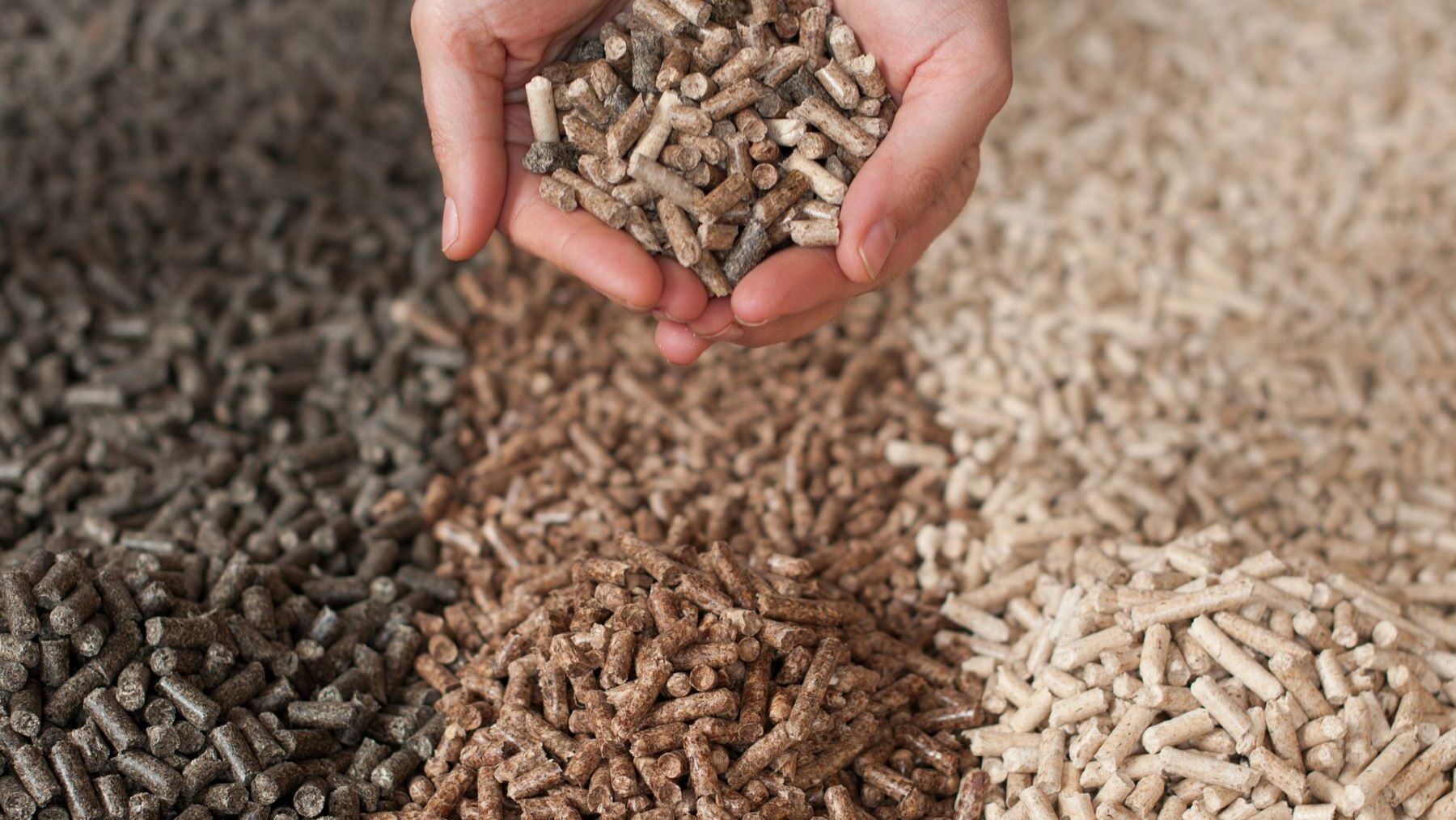The decarbonisation roadmap that the company is following includes the investment of 15 million euros in this factory. biomassthat will be carried out and operated by Magnon Servicios Energéticos. Direct CO₂ emissions will be reduced by 95% compared to those of the Guadalajara plant.
The path of biomass
Mahou San Miguel, a beverage company with 100% Spanish family capital and leader in the beer sector in our country, is making progress in its Roadmap for decarbonizing the economy with an ambitious project that will allow it to reduce direct CO2 emissions from its factory in Alovera (Guadalajara) by 95%.
This will be done thanks to the collaboration of Magnon Servicios Energéticas, a subsidiary of the Ence Group, which will manage the construction, start-up and operation of a thermal energy generation plant from biomass, a renewable, safe and clean energy source.

With an estimated cost of more than 15 million euros, Ence, through its subsidiary Magnon Servicios Energéticas, will invest and implement the project in the brewery’s facilities, also taking care of the operation, maintenance and supply of the brewery. thermal energy in the form of superheated water.
The biomass plant will operate in combination with the existing natural gas plant, drastically reducing the company’s use of this fossil fuel. The The biomass supplied has a SURE certificationthat recognizes its sustainable supply and production.

“We are aware of the need to promote changes in the production system and we are firmly committed to promoting solutions that make this possible optimize our processes and limit our impact on the environment as much as possible” – says Nicolás Castrejón, operations director at Mahou San Miguel.
“Alovera plays a key role in driving within our unique industrial footprint energy efficiency and self-generation projects which we will extend to the rest of the company’s production centers to achieve carbon neutrality by 2030” – he adds.
“We are convinced that decarbonizing industrial demand for thermal energy is one of the great challenges of the energy transition” – explains Lidia Roca, General Manager of Magnon Servicios Energético, – “in the context of the change in the energy model to a carbon-free and renewable systemthe Ence Group offers sustainable energy solutions, products and services through the most advanced technologies.” The forecast of both companies is to start implementation work in the first quarter of 2025, so that the facility will be operational in 2026.
More than 220 million euros to promote sustainability
The Biomass power plant of Alovera factory It is one of 19 projects included in the first helpline of the Ministry of Industry and Tourism, within the framework of the Strategic Project for Economic Recovery and Transformation (PERTE) for the decarbonization of industry in our country, which will enable reduction of CO2 emissions. 551,000 million tons of CO2 per year.
It is also part of Mahou San Miguel’s ‘Vamos 2030’ plan, a ten-year roadmap with more than 220 million euros to promote sustainability throughout the value chain with measurable goals and objectives. Within the natural habitat axis, the company has committed to achieving carbon neutrality in all its production centers by 2030.
In achieving this objective, the Alovera facilities play a key role due to their size and relevance within the company’s activity structure, which has eight breweries and four natural mineral water springs in Spain. largest industrial footprint in the sector.
The Guadalajara factory stands out as the largest beer factory in Spain and is in the top 3 in terms of production at European level, with a capacity of seven million hectoliters per year. This makes it a spearhead and benchmark in many respects, also for optimal environmental behavior and… use of innovative technologies and eco-efficient practices.
The center has a photovoltaic solar park for own consumption with an installed capacity of 4.3 MW peak and uses 100% renewable electrical energy. In addition, 15% of the thermal energy used in production is already self-generated and, like the rest of the company’s factories, there is zero waste thanks to its recovery and reuse in other processes.
Biomass, an important part of industrial decarbonization
One of the hallmarks of Ence’s value proposition is its extensive delivery capabilities, as well as its leadership and extensive experience in the comprehensive and sustainable management of biomass. In this way, Ence guarantees its customers a local, sustainable and certified resource, allowing industrial companies to reduce their CO2 emissions and decarbonize their operations.
Ence’s long history of operating biomass generation assets allows its customers to outsource the management of their energy needs, helping them meet its decarbonization objectives through a tailor-made modelefficient, which delivers economic benefits, reduces operational risks and has a high-quality socio-ecological impact on the territory, contributing to the structuring and development of the rural environment.
Biomass could be the key to allowing companies to take a step further towards a low-carbon economy, which is gradually being abandoned but whose use is firmly maintained fossil fuels as an energy source and focusing on renewable energy sources.

